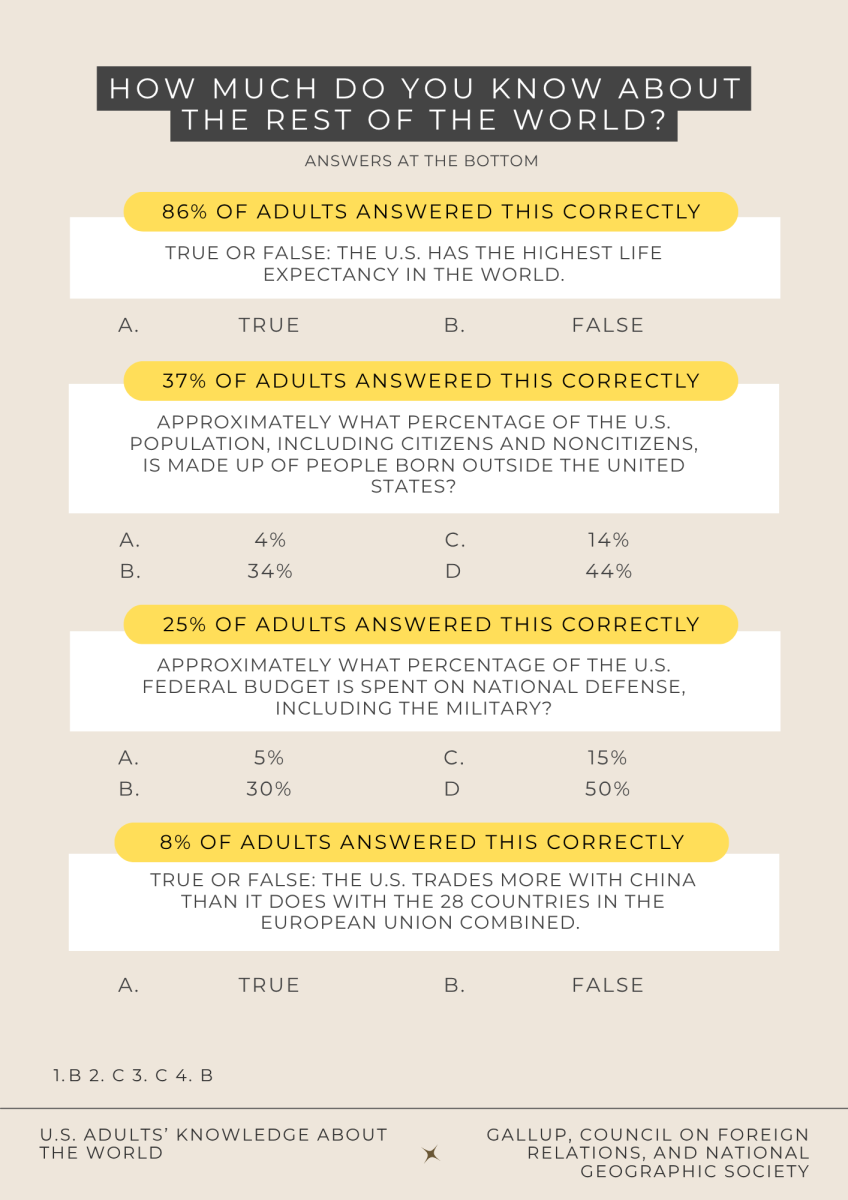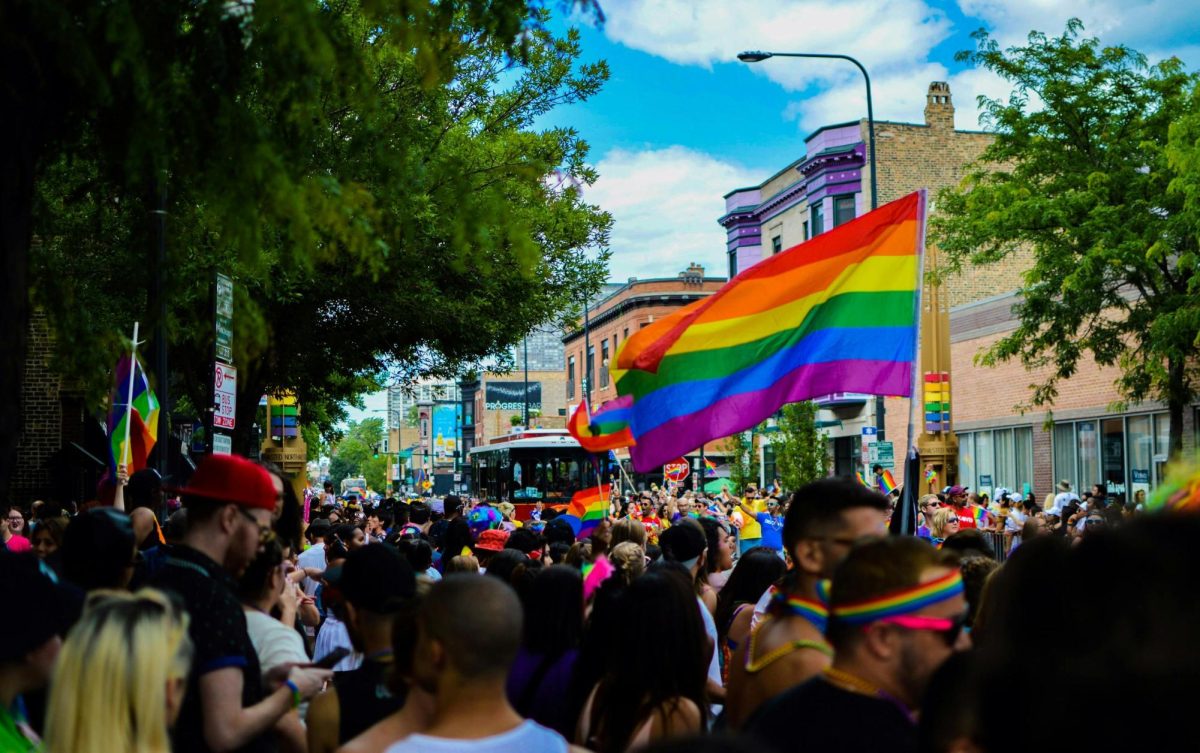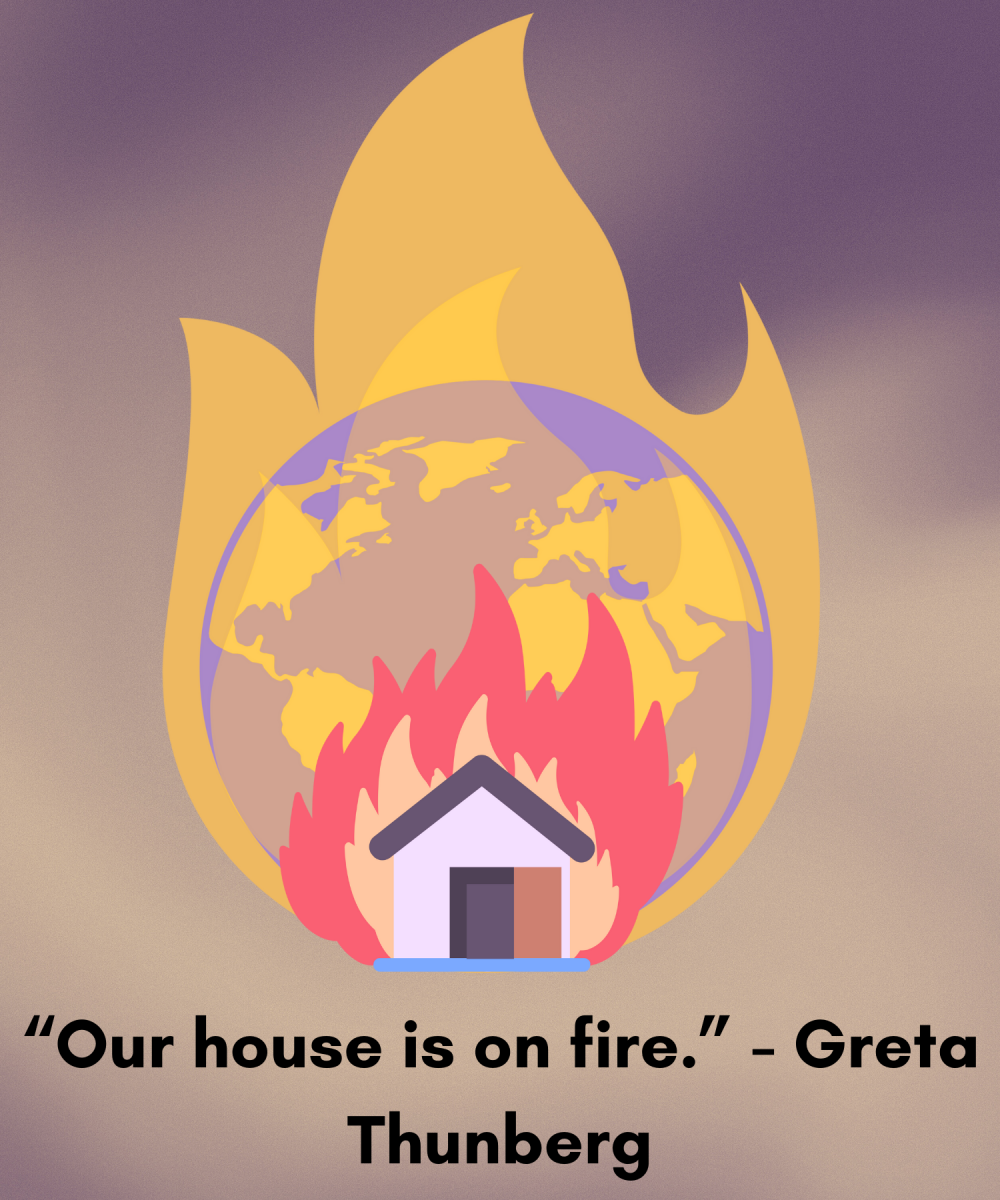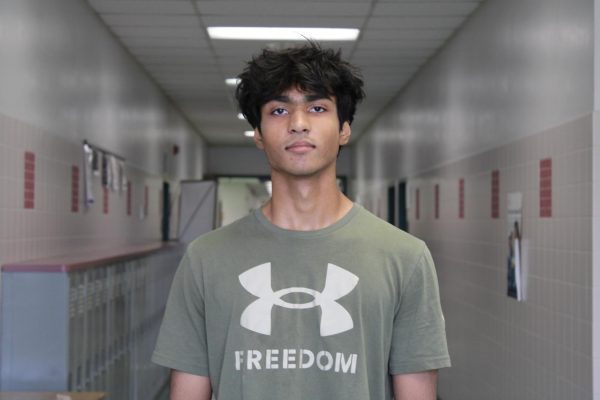For over 50 years, CHS has embraced every latest innovation: Google Drive, Schoology, even walls. However, the honor code, the final ancient vestige of the 1900s, remains in place.
The honor code is an archaic doctrine riddled with vague, mysterious terms like “academic integrity.” With this, school officials can restrict students from submitting work that isn’t theirs, even if the AI prompt they wrote was completely original. This is done by labeling such work as “cheating.”
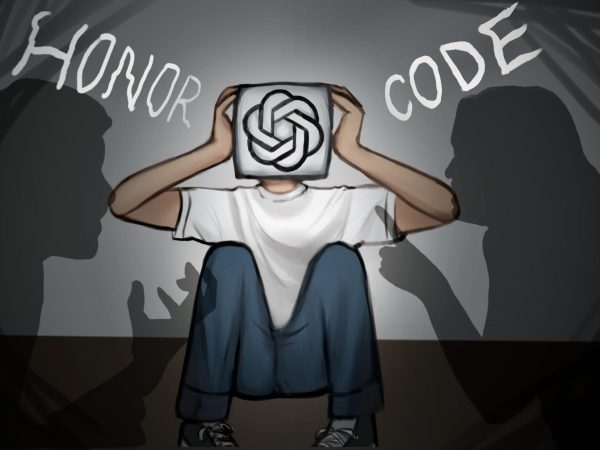
“All the honor code does is get me a referral every time I whip out my phone during a quiz,” freshman Forgery Freeman said. “What’s the point of thinking about your own answers when you’ll have Google the rest of your life?”
As a large public high school, CHS is home to nearly three thousand ambitious students, many of whom plagiarize and copy-paste in order to achieve the scores necessary for their academic goals. For them, getting caught cheating on a single assignment is the difference between having the transcript of their dreams and living in obscurity.
“I’m never using what I learn in school in the real world,” aspiring neurosurgeon junior Copy McPasterson said. “What matters to me is getting into a good college so I can get into a good medical school so I can match into a good residency so I can be a rich doctor, so my parents will finally acknowledge I exist. I can’t afford to let some ‘honor code’ prevent me from GPTing my homework.”
A Stanford University fact sheet reveals that 80% of students have submitted unoriginal work to boost their class rank, adding a layer of competition that the honor code fails to address. Without the confines of “academic integrity,” students would be able to submit the best work they can, AI-generated or not, without fear of persecution.
Some seem to support the existence of an honor code, favoring abstract benefits like “honesty” and “being a good person.” However, they ignore the brighter outlooks offered by cheating.
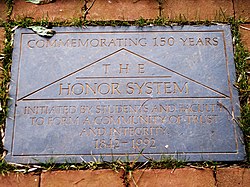
“Sometimes, cheaters do win,” sophomore Richard Swindler said. “The more 10-point formatives I put into ChatGPT, the more I realize that all these adults were lying to me. I’m doing so well in school; I don’t know a single thing we’re learning in AP World and I still have an A-.”
Many students struggle to balance their obligations without their beloved AI chatbots, especially as they begin their college applications. After four years at a high school that bans AI, students not only apply with lower grades, but less experience on how to use AI tools. In fact, some decide to begin their journey in generative AI while in the process of applying.
“It’s a win-win,” senior Skip Workman said about ChatGPTing his college application. “Colleges saw my ingenuity in efficient essay-writing, and I saw a way to write 32 supplementals in 10 minutes.”
This was not, in fact, a win-win; Workman discovered that colleges do not appreciate GPTed essays when he was disqualified from the admissions process at every school he applied to. The mandate of original work is a cruel practice for seniors like him, already having spent their parents’ hard-earned money on GPT-4o subscriptions and trying to enjoy their last year before college.
“I’ve poured my blood, sweat and tears into faking my mom’s voice now that I can’t just fill out a form to skip school,” Workman said. “Now you’re telling me I have to write essays like some caveman?”
The honor code continues to require submitting one’s own work “like some caveman,” despite new AI tools capable of tasks such as writing, calculating and even generating images. Because of the honor code not embracing these new developments, some realize just how much required content they have to learn to get a satisfactory grade.
“I pride myself in putting out high-quality work, and with the honor code, I can’t always do that,” Freeman said. “Being forced to learn is really getting in the way of my education.”



